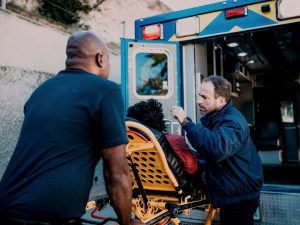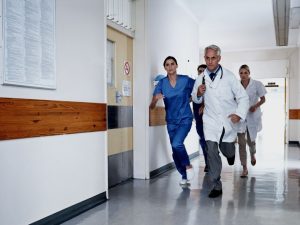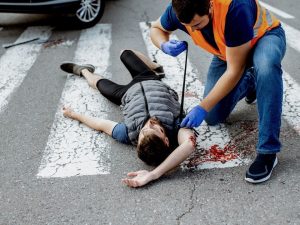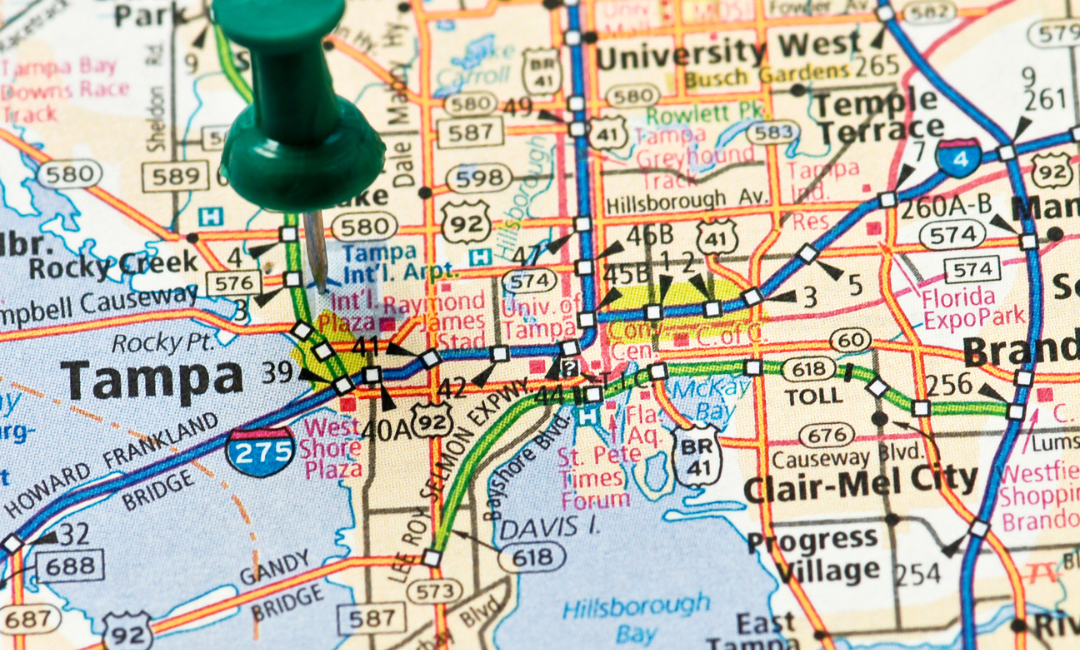Gunshot Wound and Injury Patterns
Victims of assault-style weapons (AR-15-style) were rare when compared to handgun wounds and shotgun wounds. Handgun trauma that follows a limited, thin linear track through the organs, is survivable. Even a handgun wound to the heart, absent massive hemorrhage prior to arrival at a hospital, can be non-lethal if the injury occurs within proximity to a trauma center. A 9mm bullet from a handgun with less magazine capacity that travels half or a third of the speed of a high velocity weapon is far less devastating.
In opposition, high-velocity weapons produce a wide swath of tissue damage and devastation, making injuries difficult, if not impossible, to treat.
Numerous factors dictate the severity of a gunshot wound, including a bullet’s mass, velocity, composition, and impact location. If the bullet strikes the heart or visceral organs, survival is improbable. In high-velocity injuries, muscles, skin, and fat shear. Entry wounds can be a small, penetration wound, exit wounds appear blown-out secondary to the yaw (vertical rotation) of the bullet and can be twelve inches wide.
High energy bullets discharged from high-velocity weapons create a blast wave around the bullet. Bullets that strike bone cause fragments, slicing tissue within the fragment’s path. As a bullet forces tissue and organs aside, cavitation occurs. Organ’s shatter, blood vessels tear, and victims exsanguinate before arriving at the hospital.
Those who survive transport, repairing the damage caused by the energy transmitted as a bullet passes through the human body, is paramount. Trauma to the torso is often fatal, with entire quadrants of the abdomen eviscerated. Limbs and large sections of bone disintegrate.
Opinions aside, military style assault weapons kill civilians. Rounds from the muzzle of an M16 or AR-15 have a velocity of over 3,000 feet per second. An AR-15 rifle with an after-market magazine and one hundred rounds fired without reloading into a crowd causes unimaginable damage.








